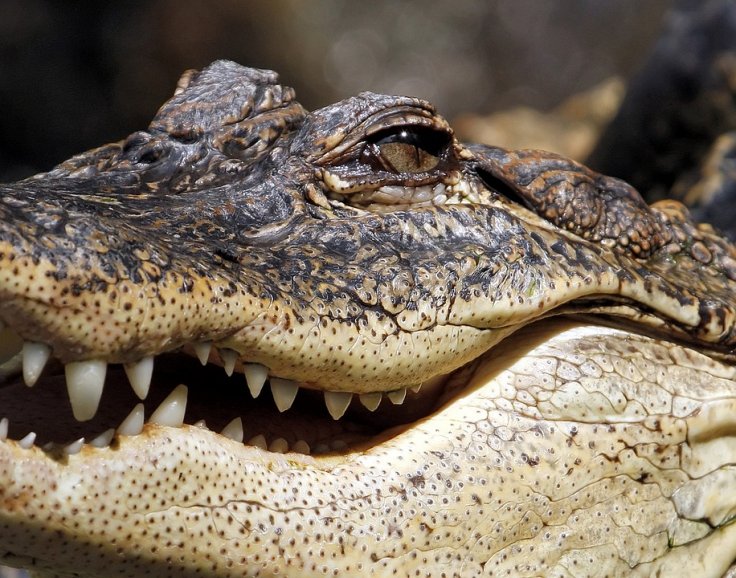
Indonesia officials said on Wednesday, January 16 that a woman, 44, was mauled to death by a crocodile, who was a pet of that deceased on the island of Sulawesi.
As per the reports, the woman, Deasy Tuwo was killed by the 4.4-meter reptile, who was named as 'Merry' on Thursday, January 10. She was the head of a laboratory, located at a pearl farm in Minahasa in North Sulawesi. Later her colleagues found her badly mauled body on Thursday morning.
As per Hendrik Rundengan, from the local conservation agency, the authority believes that after Tuwo "fell into the crocodile's enclosure," she was attacked by the pet crocodile. However, he said that since the truth behind the incident is yet to be confirmed, the police investigation is going on.
Rundengan also added that the crocodile ate one of Tuwo's hands and most of her abdomen was missing and it is possible that these parts are still inside the crocodile.
The conservation officials, the army and police, as well as others removed the pet crocodile from its enclosure after it was sedated. Reports said that the entire operation took almost three hours.
Later, it was revealed that the crocodile 'Merry' was owned illegally and now it will be transferred to a conservation area.
Indonesian archipelago is a place where many exotic wildlife animals live that includes different crocodile species, which attack and kill humans.
Illegal pet ownership:
Even though it is illegal to trade and purchase protected and endangered animals there continues to be a huge market for them. As estimated 32% of mammal species found in Indonesia are classified as threatened.
Several government agencies and NGOs continue to work to stop this illegal trade, but as long as there are buyers there will be sellers.
Many wild animals are protected by Indonesian law making it illegal to capture, sell or own them but still they show up in shops and on the streets for sale. But before purchasing these animals consider these following facts:
- For live infant animals to be captured, the parents are frequently killed to get to the baby.
- When capturing birds, large nets may be used which injure or kill many to capture only a few.
- Poisons may be used to stun tropical fish, destroying coral reefs in the process.
- Animals are often smuggled in crowded containers with little ventilation and no nourishment, so many die en route.
- Most people, including the vendors, do not know the dietary requirements of wild animals.
- Wild animals and birds often carry diseases and parasites that can be easily transmitted to humans. Some of these can be fatal, especially to infants and young children.
- The cute, cuddly baby animal can quickly grow into a strong, dangerous adult.
- Ragunan Zoo already has carefully selected animals and does not have space or funds to take on unwanted additions, nor does it wish to expose its animals to the risk of introduced diseases.
- Regardless of vendor assurance that an animal has not been taken from the wild, it usually has. Even if they are set free, caged animals could die because they cannot feed or protect themselves.









